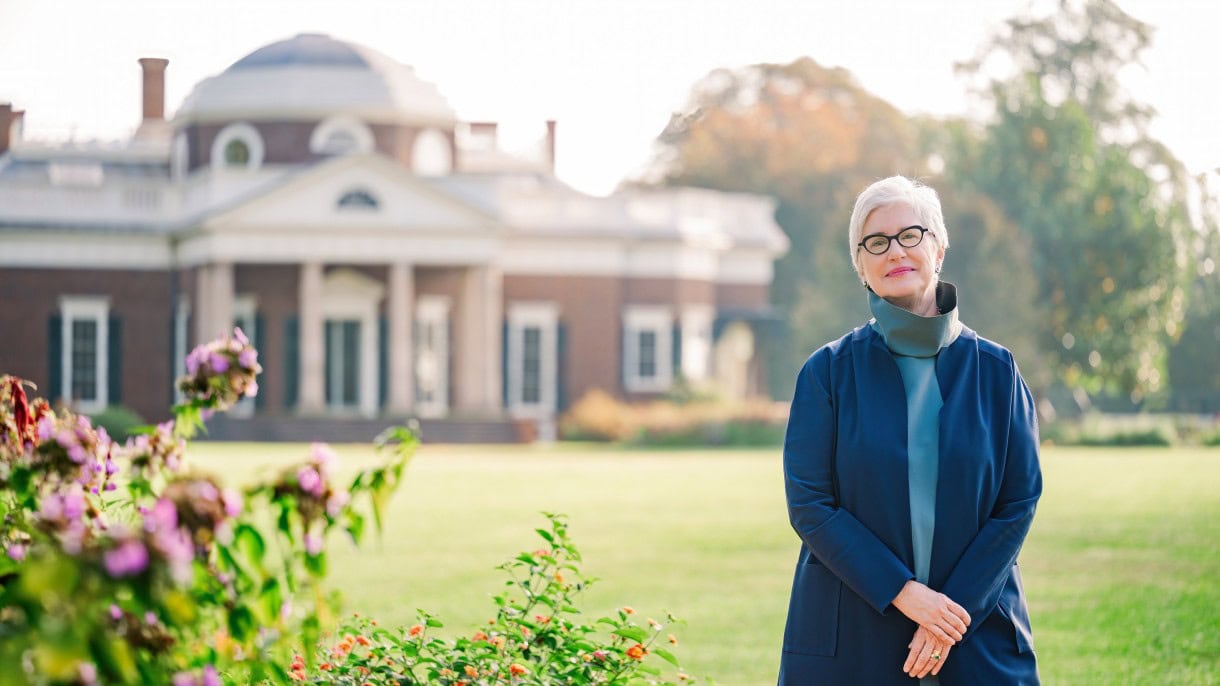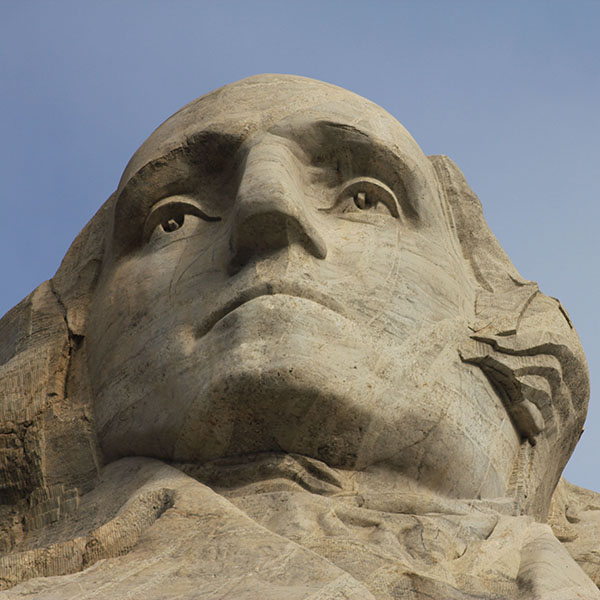The American Association for State and Local History (AASLH) held its annual meeting in Atlanta, Georgia, September 5–8, 2007. Over 900 historians employed in museums, historic houses, state museums, government agencies, and colleges and universities attended the meeting.
The theme of the meeting was “Relevance Equal to The Bottom Line.” The theme emphasized the need for history organizations to remain relevant to the communities they serve, for both educational and financial reasons. Sessions and workshops discussed such issues as ways of responding to visitors’ interests, identifying aspects of the past they find relevant to their own lives, and addressing the needs and interests of diverse audiences. Speakers offered strategies, tools, and case studies for engaging a community in the study of its history. As plenary speaker David Blight (Yale Univ.) noted, for most people history begins with the personal and the local, and “place is at the heart of how we come to see the past.”
Attendees also learned about major AASLH initiatives. The association continues to advocate for federal formula grants for museums and archives. The association has also begun a major project to develop a national standards program aimed at small and medium-sized history museums, historic houses, historic sites, and historical organizations. The program provides realistic advice to help smaller institutions improve their performance through a series of best practices documents, self-assessment tools, and other resources. (See www.aaslh.org for further information.)
Representatives from two other organizations spoke about ongoing collaborations with AASLH at the annual meeting of the membership. Marsha Semmel of the Institute of Museum and Library Services (IMLS), which is funding the standards project, noted that IMLS is partnering with AASLH to distribute a “Connecting to Collections” bookshelf to 2,000 small museums interested in learning best practices for caring for their collections. Ford W. Bell, the new president of the American Association of Museums (AAM), noted that AAM and the AASLH should work together to convey the message that “museums are not a luxury in our society, they are an essential service,” to legislatures, donors, the media, and the public.
Tours of local museums and historic sites are always a popular feature of the AASLH meeting. In Atlanta, participants visited the Atlanta History Center; Rhodes Hall, a Romanesque Revival mansion on Peachtree Street; the Jimmy Carter Presidential Library and Museum; Civil War sites such as the Kennesaw Mountain National Battlefield Park; civil rights landmarks including the Martin Luther King Jr. National Historic Site; the World of Coke corporate museum; three Antebellum plantations; and literary sites such as the Margaret Mitchell House and the home of Flannery O’Connor. Volunteers at the third annual “Helping Hands” event helped the small staff of the Wren’s Nest, a historic house associated with Joel Chandler Harris (author of the “Uncle Remus” stories), catalog and organize archival material stored in the house’s attic. The museum is in the process of reinterpreting the house in the context of African American folklore and storytelling to make it relevant to the largely African American community that surrounds it.
The meeting closed with an awards banquet recognizing quality contributions to the study and interpretation of state and local history by individuals and institutions all over the country. Details about the awards will be posted at www.aaslh.org.



